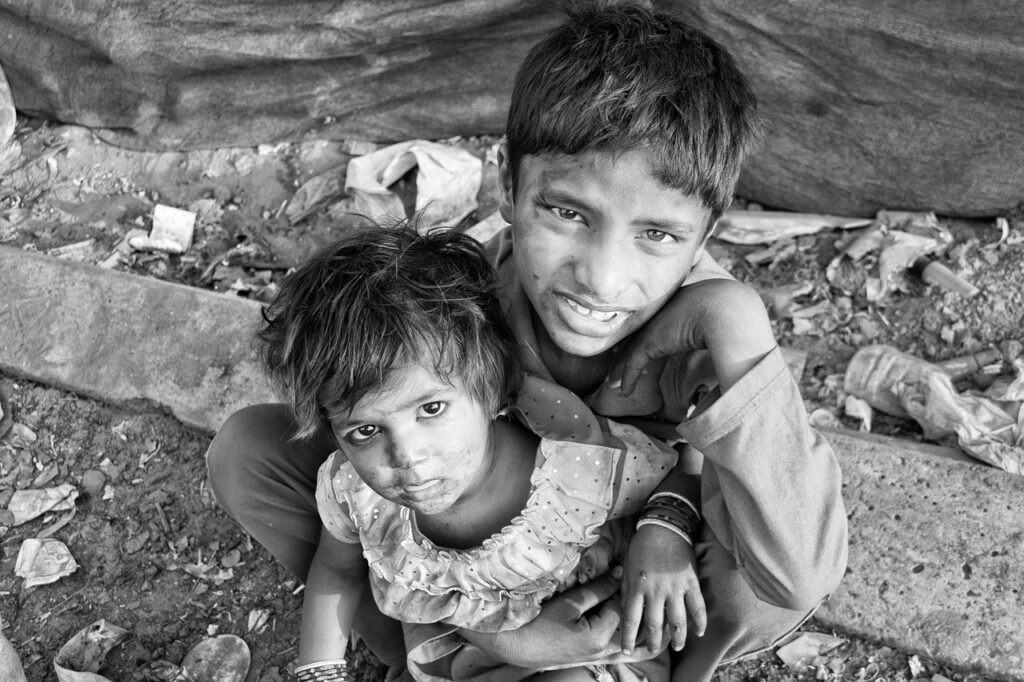
More than just a health issue, child malnutrition is a silent sentence condemning millions of children to a future of misery. Scientific studies and reports from international organizations reveal that lack of essential nutrients in childhood harms not only physical growth but also cognitive development, resulting in adults with lower productivity and greater vulnerability to poverty.
The Impact of Malnutrition on Child Development
Malnutrition in childhood severely affects physical and mental development. Research shows that malnourished children have stunted growth, impaired cognitive development, and a higher risk of chronic diseases later in life. Additionally, malnutrition can cause nutritional deficiencies, weakening the immune system and increasing susceptibility to infections.
Poverty and Malnutrition: A Vicious Cycle
Poverty is both a cause and a consequence of malnutrition. Families in vulnerable economic situations have limited access to nutritious food, perpetuating malnutrition and maintaining the poverty cycle. Moreover, malnutrition increases healthcare costs, reduces productivity, and slows economic growth, keeping poverty and disease ongoing.
Long-Term Consequences of Child Malnutrition
Childhood malnutrition has lasting effects. Studies indicate that malnourished children are at greater risk for chronic diseases such as type 2 diabetes and cardiovascular diseases in adulthood. Malnutrition also affects school performance and employment opportunities, limiting economic prospects and perpetuating poverty.
The Need for Immediate and Sustainable Actions
It is urgent for governments and international organizations to implement effective policies to combat child malnutrition. This includes improving access to nutritious food, promoting healthy feeding practices, and ensuring adequate healthcare for at-risk children. Only with coordinated actions can the poverty cycle be broken, ensuring a healthier and more prosperous future for upcoming generations.
References: